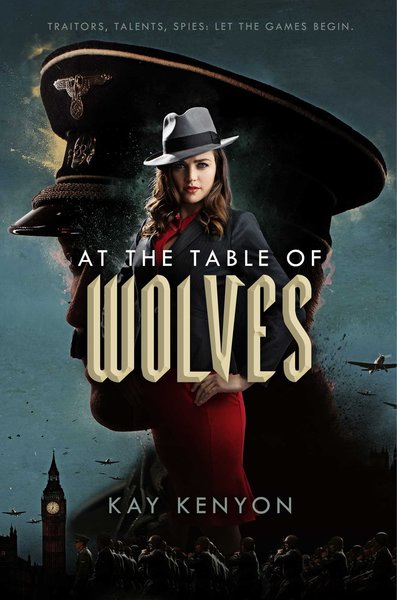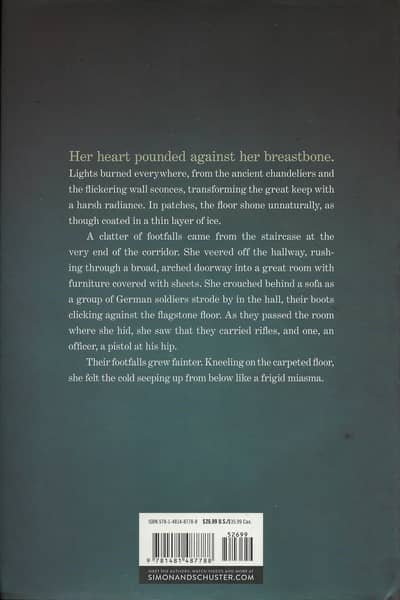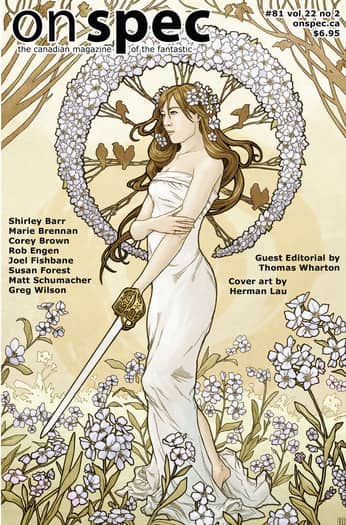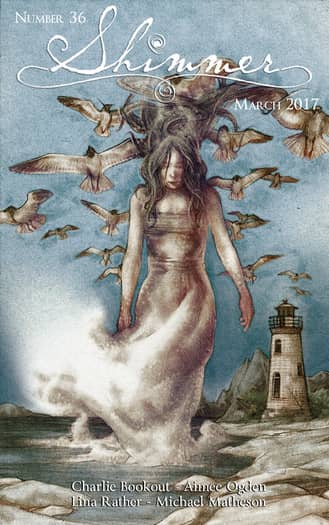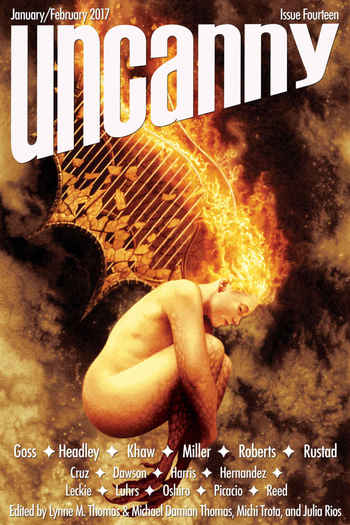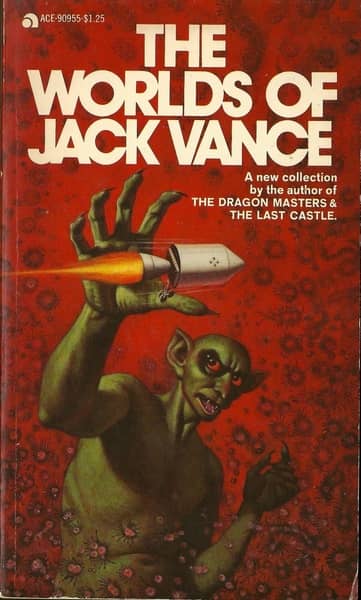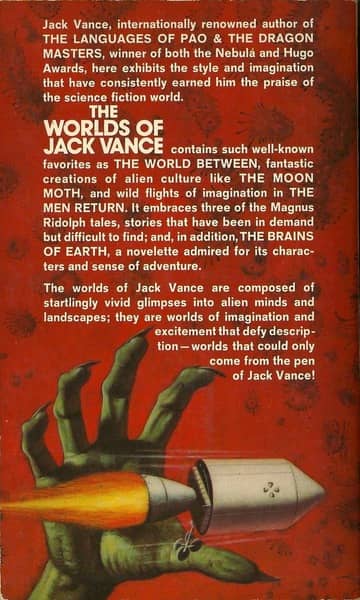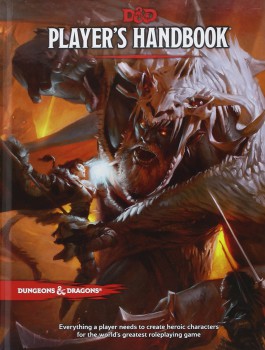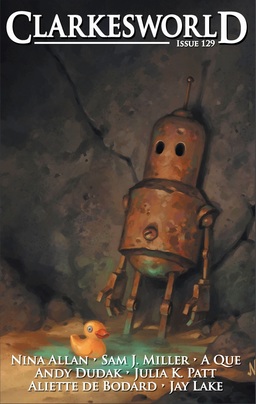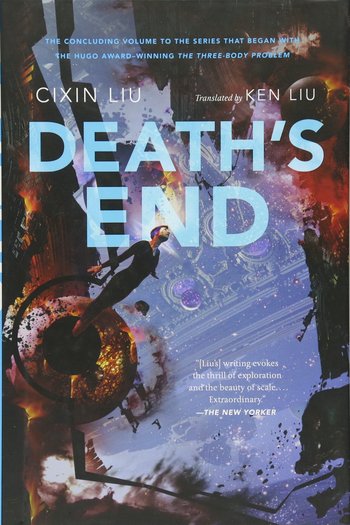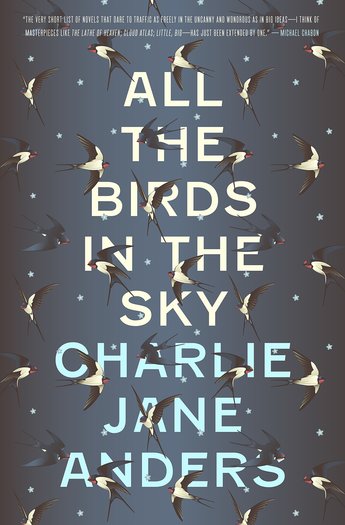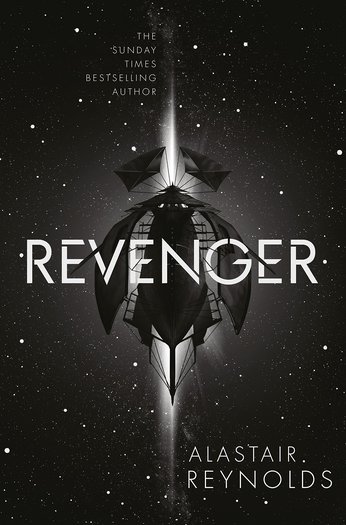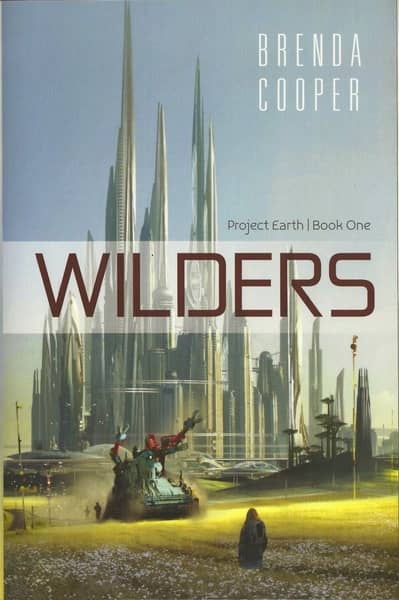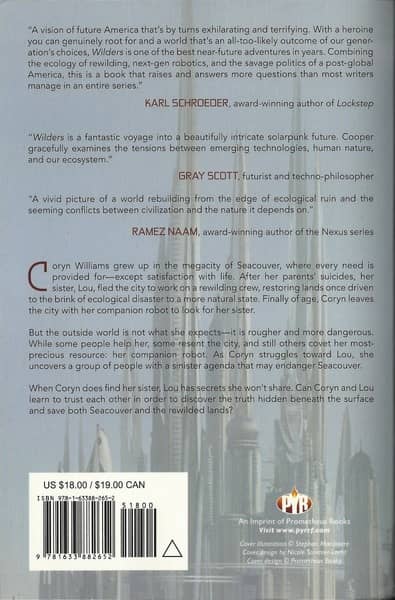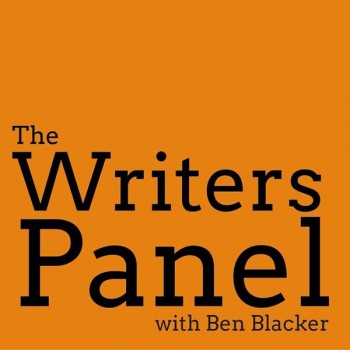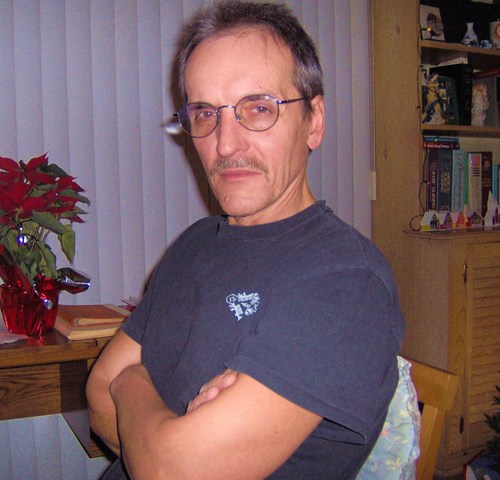
Back in the 1970s and 1980s, many authors were churning out their own versions of big, iron-muscled barbarian heroes like Conan of Cimmeria. There were exceptions, of course, like Michael Moorcock, Fritz Leiber, and Jack Vance, to name three authors I’ve always favored. But then along came T.C. Rypel, who hit the ground running with something different, something uniquely his own . . . his character of Sabatake Gonji-no-Sadowara, the half Scandinavian and half Japanese samurai. Gonji was truly a breath of fresh air in the genre of Sword and Sorcery, although I think Rypel’s novel are much more epic and actually closer to Heroic Fantasy in scope and theme. His setting wasn’t some imaginary world filled with ancient gods, powerful warlocks and fanciful kingdoms, but was instead deeply rooted in and around Romania and the Carpathian Mountains of 16th century. Perhaps a parallel world, but close enough to the Europe of that era to lend it a flavor of historical reality. Besides the non-barbaric character of Gonji, who was introspective, poetic, and humble, as well as a total bad ass with a sly sense of humor, what also set Rypel’s novels apart from so many others was the fact that he worked gunpowder and firearms into his stories, right along with the sorcery and creatures and other elements of the fantastic. And like Robert E Howard’s Solomon Kane before him, Rypel made it all work, too.
— from my Amazon review of T.C. Rypel’s Dark Ventures.
I knew of Ted and Gonji back in the 1980s, when I first read his Deathwind Trilogy, when it was originally published by Zebra Books. Then I broke away from reading fantasy for a while and never knew that he followed that up with two more volumes. Sometime in the 1990s a mutual friend “introduced” us, and we shared a few letters, discussing writing and music and movies. Then I revisited the Deathwind Trilogy, and finally read volumes four and five. When we connected via the internet, emails, and later Facebook, Ted and I got to know each other very well. He enjoyed my tales of Dorgo the Dowser and played a key role in helping me shape the six novellas in the first Mad Shadows volume, and helped again with Mad Shadows II — which is why I dedicated the book to him. No one writes like Ted; he is a walking dictionary and Thesaurus, for one, and he knows how to tell a story. He is also a great editor, having a gift for character insight, plotting, and drama that have been of great help to me. And whenever anyone praises my battle scenes, I tell them, “I owe it all to Ted.” He taught me how to write those scenes from the “inside of a character’s head.” That’s the only way I can put it. If you’ve read any of his books, you know how well he handles character, drama, humor, and dialogue, as well as writing some of the most exciting battle scenes set down on paper. Although we have never met in person, he is a good friend, mentor, and sensei. And now, with the Wildside Press reissues of his original five novels of Gonji, and with the recent release of a sixth volume, I thought it was time to sit down and have a little “talk with him.” It’s high time that Ted is recognized and read by a whole new and younger audience of Heroic Fantasy aficionados.
…
Read More Read More
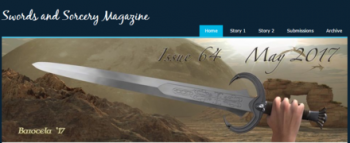 Just a short post this month. It’s that story-dry period between magazine issues that comes along a couple of times a year. Since I missed last month’s roundup, I thought I’d have two issues of Swords and Sorcery Magazine to review, but the June issue hasn’t come along as of June 25th. I do have a cool extra, though, that I’ll leave to the end.
Just a short post this month. It’s that story-dry period between magazine issues that comes along a couple of times a year. Since I missed last month’s roundup, I thought I’d have two issues of Swords and Sorcery Magazine to review, but the June issue hasn’t come along as of June 25th. I do have a cool extra, though, that I’ll leave to the end.